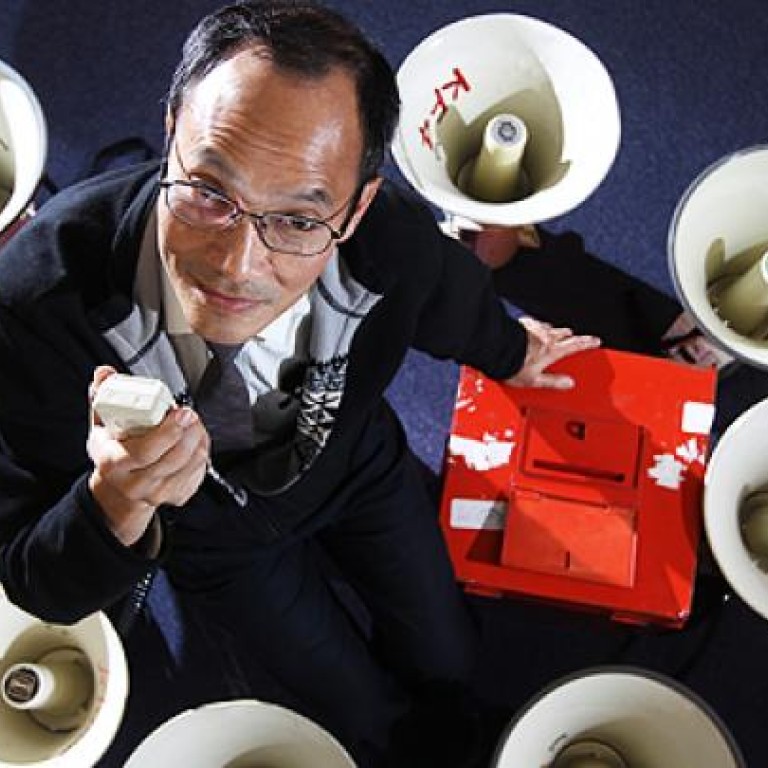
Legco election exit polls more accurate than in 2008
Voters were more co-operative with exit pollsters in this month’s Legislative Council election than they were in 2008, generating more accurate results, a university pollster said on Wednesday morning.
Dr Robert Chung Ting-yiu, director of the University of Hong Kong’s Popular Opinion Programme, said about 60 per cent of voters approached by university pollsters on September 9 agreed to answer their questions – up from 50 per cent last year.
“Voters were much more co-operative,” Chung said, speaking on an RTHK radio programme. “But it still didn’t reach the level of eight years ago, before the controversies about exit polls broke out. It was in the 60 to 70 per cent range in 2004.”
The university’s exit polls were conducted strictly for academic purposes and were not linked to any political party, he said.
Four other organisations were allowed to conduct exit polls, and three of them have links to the pro-establishment camp, which prompted calls for voters to boycott them. Some voters claimed they lied to pollsters to confuse their results.
Even so, Chung said that after a preliminary analysis he believes the results of the university’s exits polls are largely accurate, and that only a minority of respondents might have lied to them.
“Four years ago we did exit polls outside 120 polling stations. But in the end we found nearly a thousand samples from 14 stations were problematic and could not be used,” Chung said.
“This year we are still analysing, and I hope there will be fewer [problematic samples]. If more than 20 per cent of the results [are problematic] … then I don’t think it will be worthwhile to do any more exit polls.”
Exit polls conducted by HKU in the past two decades have been a significant help in academic research, Chung said. He hopes voters will continue to help pollsters with their work.

